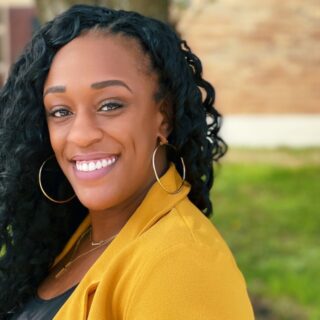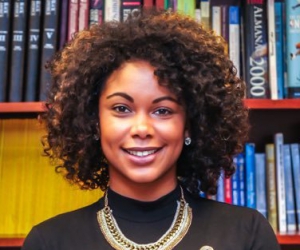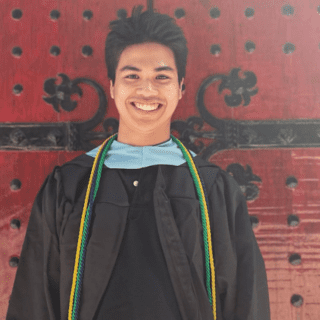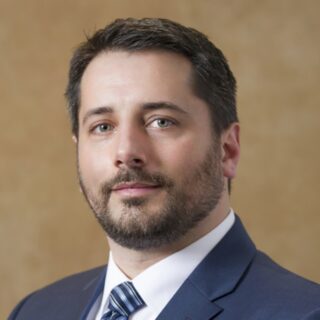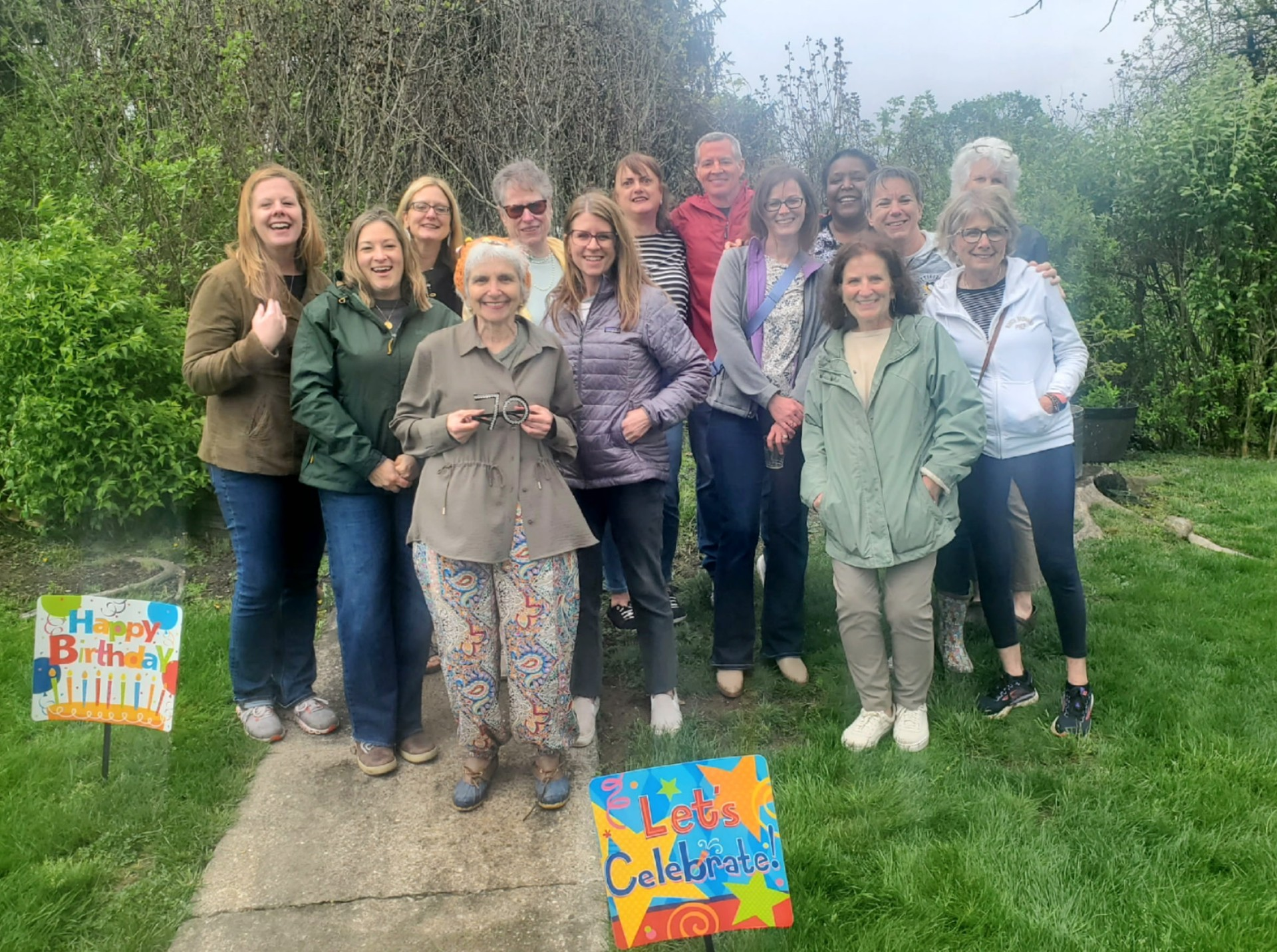
A Quarter-Century of Healing: Child Life Course Marks Anniversary at School of Education
The course has helped produce nearly 100 Certified Child Life Specialists, and counting.
For 25 years, School of Education Adjunct Assistant Professor Denise Esposto has been quietly transforming lives—not just of the children she has interacted with at pediatric care facilities and school settings but also of the students who fill her classroom each fall semester.
Her course, “Psychosocial Aspects of Children’s Illness,” is the gateway for many students to enter the specialized field of child life, where they learn to provide crucial emotional and developmental support to young patients and their families.
Former students and mentees who are now Certified Child Life Specialists surprised her this past spring during her birthday to celebrate her and her impact through the program.
The quarter-century milestone represents more than just academic longevity.
Esposto’s course meets the stringent requirements set by the Association of Child Life Professionals, making it one of the essential steppingstones for students seeking certification as child life specialists.
In a field with only about 6,000 practitioners nationwide, Pitt’s program has carved out a significant niche, training nearly 100 now-certified specialists who now work across the United States and internationally.
A Plus for Pitt
“I’ve always seen this as a plus for the University of Pittsburgh,” says Esposto (BS ‘77, MS ‘81, EdD ‘23). “Not every university or college offers this, but for the past 25 years, we have been able to offer that pathway to train future child life specialists.”
The course emerged from Esposto’s decades of clinical experience at UPMC Children’s Hospital of Pittsburgh, where she began as a certified Child Life Specialist in 1982 and later worked as a department manager. Her real-world expertise brings authenticity to classroom discussions about helping children navigate medical environments that can feel overwhelming and frightening.
“Child life specialists offer social emotional support to children and families,” Esposto said. “We need somebody that can focus on the psychosocial and mental health needs—not only of the child but also their families. We’re often the liaison between the medical staff and the family.”
The impact of Esposto’s teaching extends far beyond graduation day.
Michael Shulock encountered Esposto’s work during a guest lecture as a graduate student, describing her talk as “life changing.” At the time a graduate student in what is now the MS in Applied Developmental Psychology (ADP) program, Shulock was captivated by Esposto’s description of working with pediatric patients and the impact of her work.
“I didn’t know anything about child life at this point in time,” recalls Shulock, now a Certified Child Life Specialist in the hematology/oncology clinic at UPMC Children’s Hospital of Pittsburgh. “As Denise started talking about being in the hospital working with a pediatric population and helping them through their hospitalizations, I thought, that’s what I want to do.”
Shulock, who has worked at Children’s Hospital for nearly 25 years, exemplifies the long-term impact of the program. His clinic sees 40-70 patients daily, building relationships with children and families who return regularly for treatment. His role involves helping young patients cope with procedures, manage anxiety, and maintain some sense of normalcy during challenging medical journeys.
“We don’t have to do anything to the child. I’m not coming at them with a needle,” Shulock explains. “We come at them with, ‘let’s help you get through this.’ We’re the non-threatening people giving advice, and kids just kind of grab onto that.”
Evolving Over Time
The program has evolved significantly since 2000, reflecting changes in both child development research and medical practice. Where hospitals once excluded parents from treatment areas, today’s patient and family-centered care approach recognizes families as essential partners in healing. This is, in part, thanks to partly child life advocacy from within, according to Esposto.
“Forty years ago, you’d never see a parent go into a holding area before an operation,” says Esposto. “There was actually a sign in the waiting room that said, ‘Children do better when parents aren’t present.’ That kind of thinking has completely changed.”
The curriculum has expanded beyond Esposto’s foundational course to include “Child Life Practice in Hospitals,” developed in 2015, and capstone seminars she co-teaches with Professor of Practice Robert Gallen and Adjunct Professor Sarah Miedel. Together, they guide students through practical applications of their learning in partnership with community agencies.
At Children’s Hospital of Pittsburgh alone, roughly half the child life staff members are Pitt graduates, creating what Esposto calls a “homegrown” workforce that stays in the region. The ripple effects extend internationally, with some program graduates working in countries including Japan, China, and Canada.
As Esposto contemplates her eventual retirement, she remains focused on ensuring continuity for future child life specialists.
Her daughter, Tomasina Boyd, followed her path through the ADP program (BS ‘13) and now works as a licensed professional counselor, representing the program’s multi-generational impact.
“I just think it’s having a sense of pride in the career and understanding the importance of this job,” Esposto says of her teaching philosophy. “Making this experience for children and families hopefully more manageable and hopefully providing comfort.”

